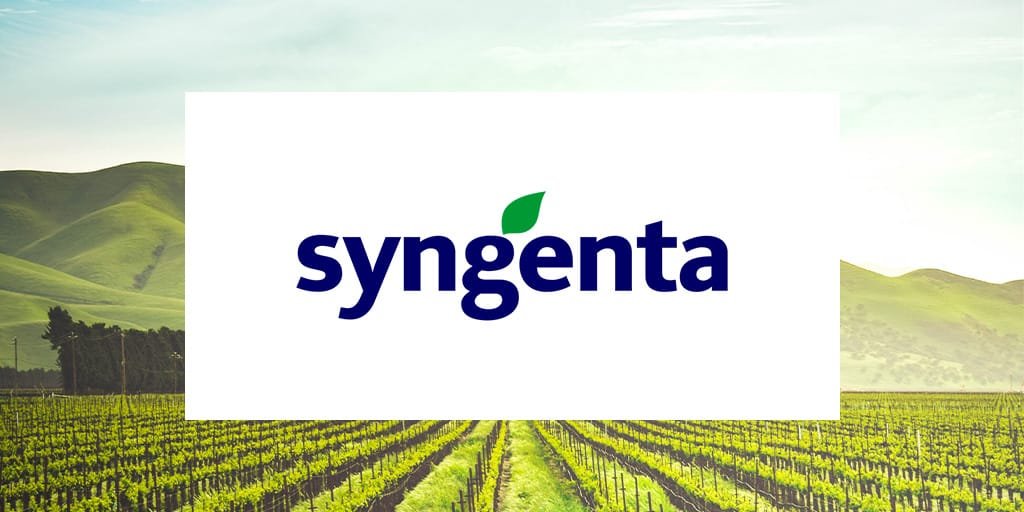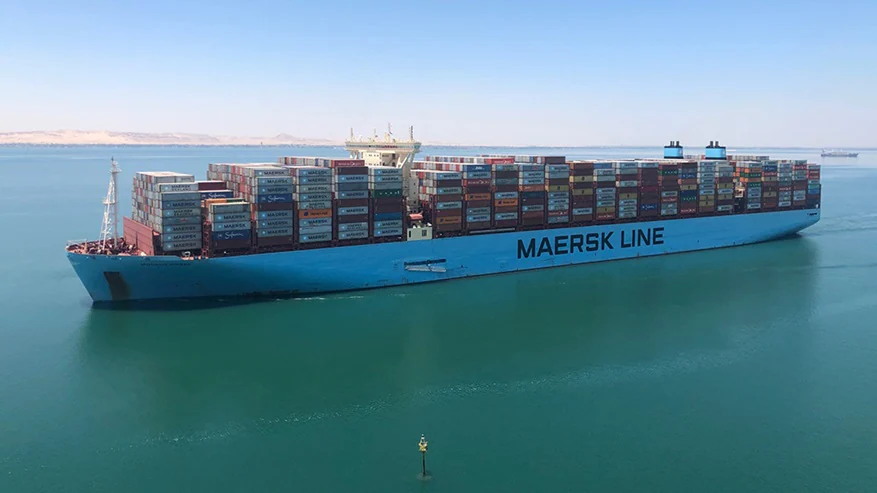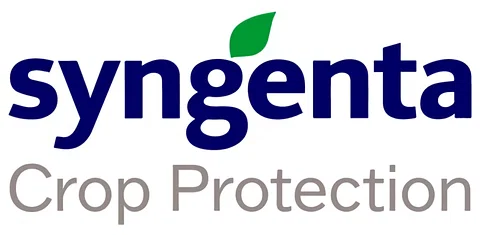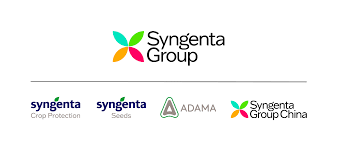Syngenta and Ceres Biotics partner to bring innovative biological solution to farmers globally
The agreement follows an earlier collaboration to launch VIXERAN® in the European Union. Under the current agreement, VIXERAN will be introduced to markets globally.
Farmers seeking effective biological solutions to optimize their nitrogen fertilizer use are set to benefit from a new agreement between Syngenta Crop Protection and Ceres Biotics aimed at increasing farmer access to VIXERAN®. The agreement follows an earlier collaboration to launch VIXERAN® in the European Union. Under the current agreement, VIXERAN will be introduced to markets globally.
VIXERAN® is an innovative biostimulant based on the endophytic bacteria Azotobacter salinestris strain number CECT9690, meaning the microbes can inhabit internal tissues of plants without causing disease. The biostimulant features multiple modes of action, enabling the plant to efficiently access nitrogen available from the environment through its leaves and root system. VIXERAN® is designed to complement traditional nitrogen fertilizers.
While nitrogen – essential to critical plant processes such as growth, leaf-area expansion and biomass-yield production – is the most abundant, naturally-occurring gas constituting about 78% of air, plants are not able to readily access nitrogen from the environment. The use of synthetic nitrogen fertilizer in modern agriculture requires an energy-intensive and costly industrial process, while the widespread use of such fertilizers increases greenhouse gas emissions and lowers the sustainability of agriculture.
Jonathan Brown, Global Head Seedcare and Biologicals, said: “Syngenta is investing significantly to bring the most innovative biological solutions to farmers around the world. Biostimulants that boost the nutrient use efficiency of crops have a significant role in strengthening the sustainabiilty of agriculture, and are integral to Syngenta’s efforts to improve both crop yields and soil health. We are excited to work with Ceres Biotics in this fast-evolving area of plant nutrition.”
Emilio Marin, CEO and co-founder of Ceres Biotics, highlights: “We are excited to collaborate with Syngenta to bring to the market novel and sustainable biostimulants that improve nutrient use efficiency and maximize yield helping farmers implement more sustainable agricultural practices. VIXERAN® will be accessible to farmers globally, and this is a big step towards building up more sustainable crop management systems”.
VIXERAN® offers farmers greater flexibility in their nitrogen management strategies and optimizes crop performance in two key ways: it complements standard nitrogen fertilization programs to effectively boost yield potential beyond traditional methods, and, in situations where nitrogen availability is reduced due to environmental factors or supply constraints, VIXERAN® can help farmers maintain their yield targets.
The agreement follows an earlier collaboration to














